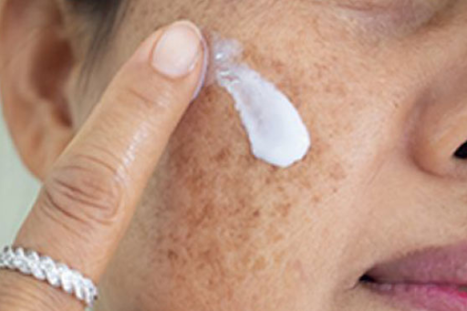Understanding melasma treatment
Melasma is a common skin condition that causes dark patches on the skin, particularly on the face. It's more common in women than men and is often associated with hormonal changes, such as pregnancy or the use of birth control pills. While melasma is not harmful, it can be unsightly and affect a person's self-esteem. Fortunately, there are many effective treatments available for melasma.
Topical Creams
One of the most common treatments for melasma is topical creams. These creams work by reducing the production of melanin, the pigment that gives skin its color. Some of the most commonly prescribed topical creams for melasma include hydroquinone, tretinoin, and corticosteroids. These creams are typically applied to the affected area once or twice a day for several weeks or months.
Chemical Peels
Chemical peels are another effective treatment for melasma. During a chemical peel, a solution containing alpha-hydroxy acids, trichloroacetic acid, or glycolic acid is applied to the skin, causing the top layer of skin to peel off. This can help to reduce the appearance of dark patches and promote the growth of new, healthy skin.
Laser Treatments
Laser treatments are a newer option for treating melasma and have been shown to be highly effective. During a laser treatment, a beam of light is directed at the affected area, causing the melanin to break down and fade. This can help to reduce the appearance of dark patches and promote the growth of new, healthy skin.
Sun Protection
Sun protection is an important part of any melasma treatment plan. Exposure to the sun can worsen melasma and cause dark patches to reappear. To protect your skin, wear a broad-spectrum sunscreen with an SPF of at least 30 every day, even on cloudy days. You should also wear protective clothing, such as a wide-brimmed hat and long sleeves, and avoid spending time in the sun during peak hours.
In conclusion, melasma is a common and often frustrating skin condition, but there are many effective treatments available. If you're struggling with melasma, talk to your dermatologist about which treatment options may be right for you. With the right treatment plan, you can achieve clearer, more even skin and feel confident in your appearance.


Comments
Post a Comment